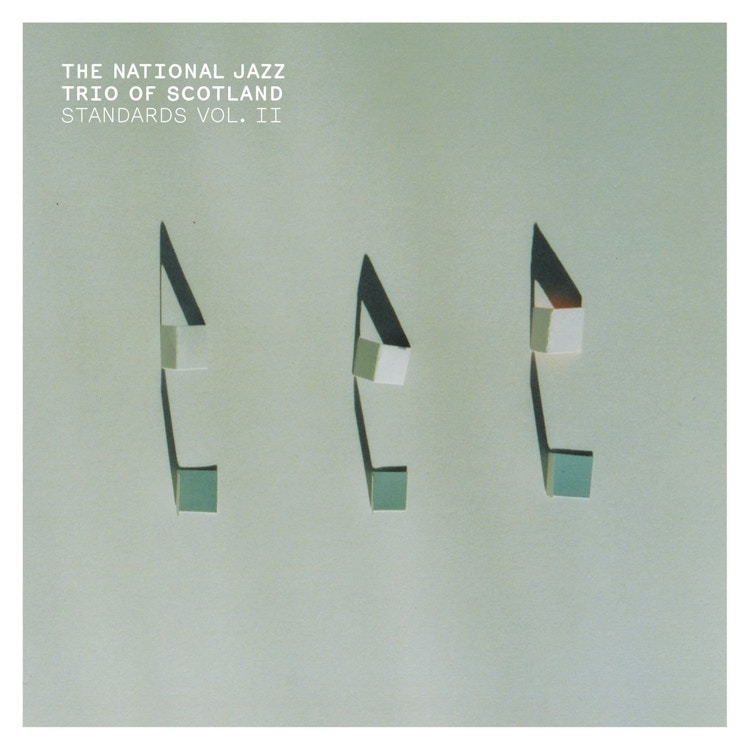"Standards Volume Two"

Having recently moved to London from Glasgow – the first time I’ve moved away from home with any idea of permanency – I’ve found myself falling deeper and deeper into a well of Scottish music. It may just be homesickness, but I can’t seem to break the habit, returning to albums by Frightened Rabbit, King Creosote, Belle & Sebastian, RM Hubbert and many others. Growing up in Glasgow – and having a Glaswegian music nut for a father – gave me an introduction to a scene that’s produced some of the most renowned British music of all time, and is constantly seeing artists emerge who are doing new and exciting things. One of the most gratifying sides of this is the diversity that you find, with different genres and styles mixing in the same circles, creating – in Glasgow at least – an incredibly supportive and exciting collective of musicians.
That feeling of camaraderie is evident throughout Standards Volume Two, the new album from stalwart Bill Wells’ latest project, The National Jazz Trio of Scotland. Wells has previously been involved with the likes of The Pastels, Maher Shalal Hash Baz and more recently won the inaugural Scottish Album of the Year Award for his record with Aidan Moffat, Everything’s Getting Older. He has now turned his attention to the “semi-ironically” named collective, which he assembled in 2007, and features members of Belle and Sebastian, Teenage Fanclub and The Pastels.
One of the most notable things about Standards Volume Two is that its three vocalists, Lorna Gilfedder, Aby Vulliamy and Kate Sugden, are not professional singers. Yet the unpolished quality of their voices lends a rawness to the record, something that suits Wells’ minimalist arrangements quite wonderfully. Opening tracks ‘We Grow Accustomed’ and ‘Never To Be’ set the whole thing up as a being slightly bizarre experience – both clock in at only around a minute and a half long and at times are slightly difficult to listen to, if only because it seems so out of the ordinary. However, the further in to Standards you delve, the more you come to realise how well suited the vocals are to the instrumentation and how well thought out it is as a record.
Their voices are usually accompanied by very sparse instrumentation. ‘Chance’ is a simple song, the unadorned vocal accompanied by staccato instrumentation and abrupt chords. ‘Hillwalk’, on the other hand, is a more traditional piano ballad but one that still retains the simplicity found elsewhere, the two songs contrasting wonderfully while still retaining the identity of the project. ‘Mary of Argyle’ is a reworking of a traditional Scottish folk song, featuring some stunning harmonies, and providing a welcome reminder of the band’s roots.
Altogether, it’s not the easiest listen in the world, but it’s an undeniably interesting one – a record that rewards multiple listens, and is, undoubtedly, a wonderful representation of the Scottish music scene’s creativity.
Get the Best Fit take on the week in music direct to your inbox every Friday

Great Grandpa
Patience, Moonbeam

Deafheaven
Lonely People With Power

Perfume Genius
Glory





